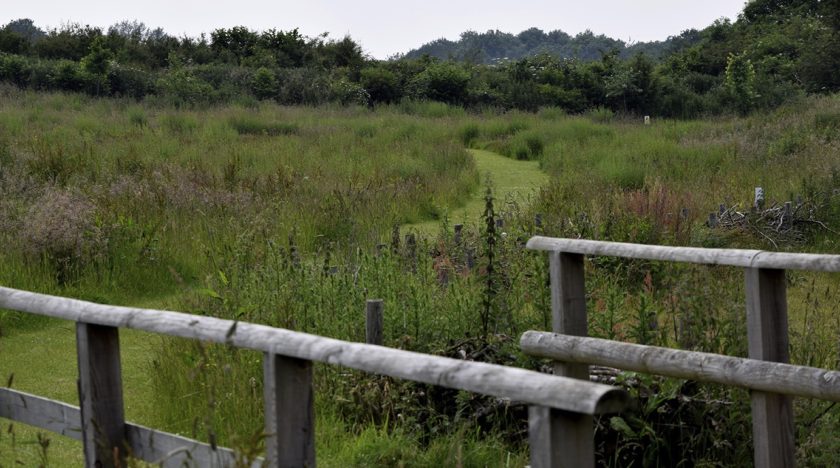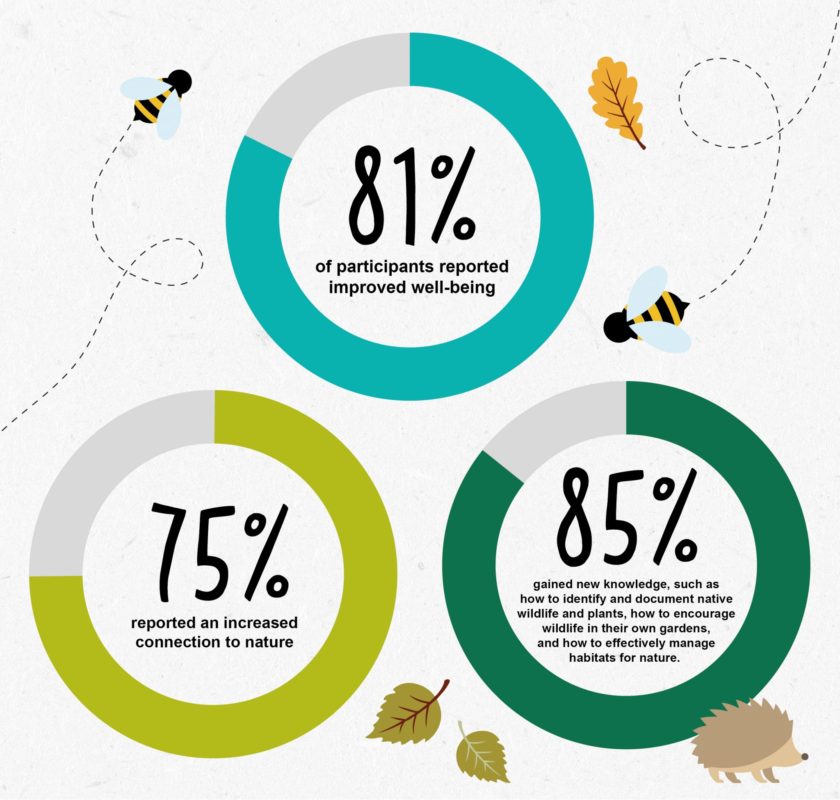Chester Zoo’s Nature Recovery Corridor project shows incredible success in reviving local environment

Chester Zoo has said its Nature Recovery Corridor project – which aims to improve biodiversity and tackle the climate crisis in the UK – has achieved tremendous success in its first year.
The project has worked closely with local communities, schools, and wildlife charities to revive a 15-square-mile area in Chester, with restored hedgerows, new ponds and wetlands, and more roaming mammals.
New research has revealed that the project has also had a significant impact on the people in the area.
Over 81% of participants reported improved well-being, over 75% reported an increased connection to nature, and over 85% gained new knowledge about native wildlife and plants, gardening, and habitat management.
This new connection and knowledge have empowered local community members to act for wildlife, with over half of the participants taking actions outside of the project to help protect the natural world, such as planting native wildflowers and trees.

The project’s success not only benefits the local community but also contributes to international goals for biodiversity conservation and sustainable development.
The Nature Recovery Corridor project is supported by the UK Government’s Green Recovery Challenge Fund, which has created 13 jobs, including five trainees, and aims to rewild a staggering 60 square mile area in the future.
As this project enters a new phase, the team is aiming to continue this work to eventually rewild across an astonishing 60 square mile area!
Chester Zoo’s Nature Recovery Corridor project serves as a shining beacon of hope for biodiversity conservation and sustainable development in the UK.
Research has shown that spending time in these green spaces has a range of benefits for our health and wellbeing, including reducing stress and anxiety, improving mood, and increasing physical activity level.
Beyond this, the corridor’s thriving plant life will sequester more carbon from the atmosphere, helping to slow the pace of climate change.
Spotted something? Got a story? Email: [email protected]
Latest News
